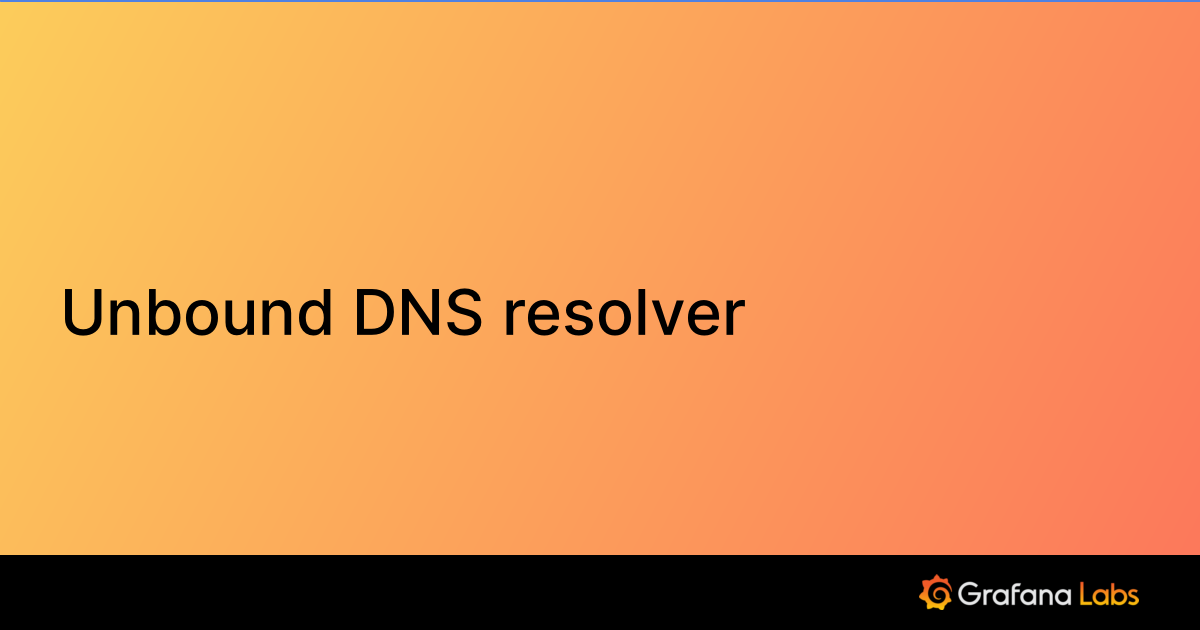

This means that recursive requests will be filled when they originate from IP addresses belonging to specified netblocks. Nonrecursive request are needed to provide additional information for some tools, such as the +trace option of the dig utility. This means that both recursive and nonrecursive requests will be filled when they originate from IP addresses belonging to specified netblocks. To summarize, there are four possible access control behaviors: By contrast, the refuse option returns an error message in response to requests from blocked sources. Specifying deny causes Unbound to drop all traffic from this address or addresses. The remaining examples force Unbound to block access from two netblocks, or all IP addresses that begin with 12.34.56. To specify IP addresses in CIDR notation, simply append /32 to the desired IP address. The next example will allow all requests from the IP address 11.22.33.44. Specify this if you have private networking configured on your Linode and would like to allow multiple Linodes in the same data center to resolve domain addresses using your server. The next example includes the 192.168.0.0/16 net block, or all IP addresses beginning with 192.168., which corresponds to the local “private” network. This behavior mimics the default behavior of Unbound. The first example will allow all requests from the 127.0.0.0/8 range, which covers all requests from localhost. In the example above, you can see a number of different access control approaches. This allows you permit or refuse DNS traffic to large or small groups of IP addresses in a simple and clear syntax. Unbound uses CIDR notation to control access to the DNS resolver. Insert lines similar to the following example into the nf file after the server: directive. Unbound must be configured to listen for requests on a given interface and be configured to allow requests from a given IP address before it can successfully provide DNS services.

Control Access to your Unbound Instanceīy default, Unbound will only listen for and respond to requests for DNS queries on the localhost interface (i.e. If you would like to be able to perform queries on the local interface in addition to other interfaces, you will need to include an interface directive for 127.0.0.1. If you specify interfaces other than the local interface using the interface: directive, it will disable the default local directive. In this example, these directives would configure Unbound to listen for requests on the publicly accessible address 19.28.37.56, and on the internal or private network address of 192.168.3.105. Modify these interface: directives to reflect the actual addresses assigned to your Linode. Specify those IP addresses after the server: directive in the following format: Possible interfaces include the public interface or the private networking interface. If you want unbound to attach to additional interfaces, these interfaces must be configured manually. In the default configuration, Unbound will only listen for requests on the local interface. When the installation process completes, issue the following commands to start Unbound for the first time and ensure that unbound resumes following reboot: service unbound startĬonfigure Unbound Configure Unbound Interfaces Note that the unbound configuration files will be located at /etc/unbound/nf.
#Unbound dns install
This will install the Unbound server on your system. To install the packages for Unbound, issue the following command: yum install unbound
#Unbound dns update
Make sure your package repositories and installed programs are up to date by issuing the following command: yum update If you only need to modify the behavior of DNS for a small group of systems, consider using /etc/hosts to provide this functionality. If you simply need to configure DNS services for your domain, you may want to consider using Linode’s DNS manager. If you are unfamiliar with DNS, you may want to consider our introduction to the DNS system. Unbound is easy to install and configure, which makes it an ideal resolver for simple deployments. If you don’t want to use a third party DNS service on your system, you may consider running an independent DNS resolving and caching service such as Unbound DNS resolver. In the default configuration, Linode systems are configured to query DNS resolvers provided by Linode.


 0 kommentar(er)
0 kommentar(er)
